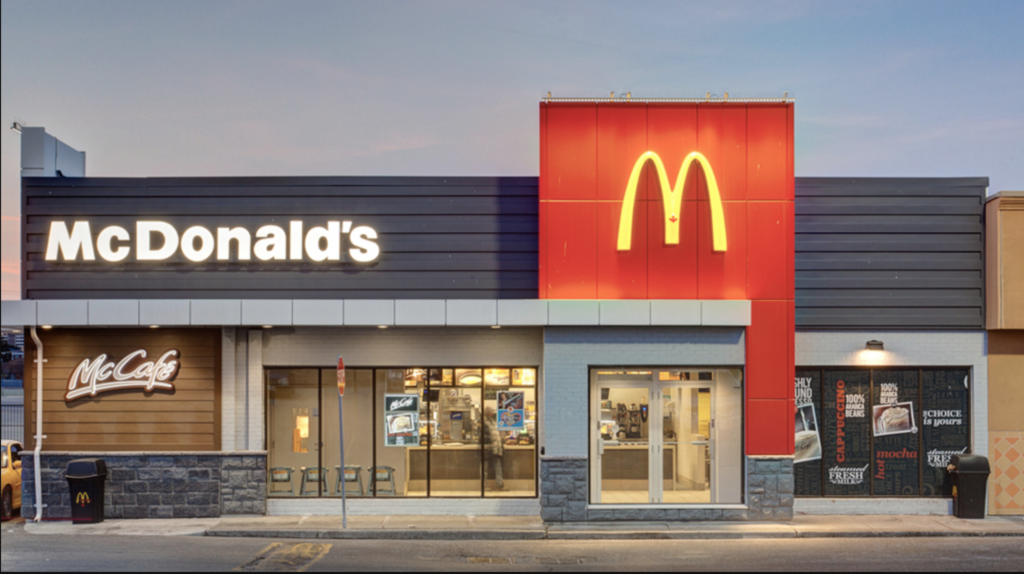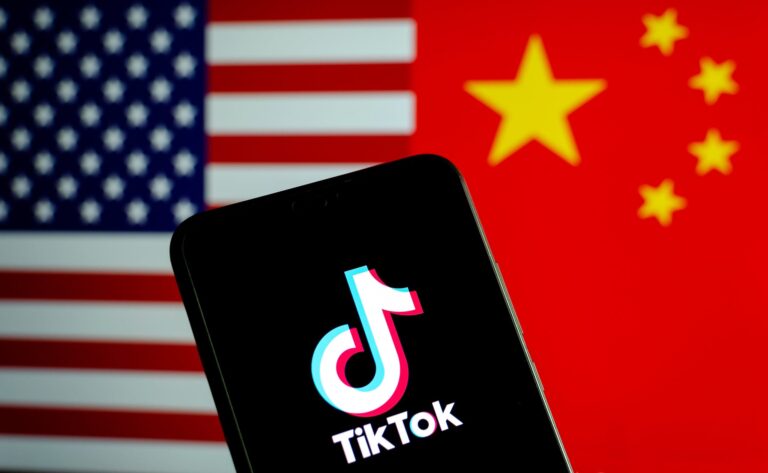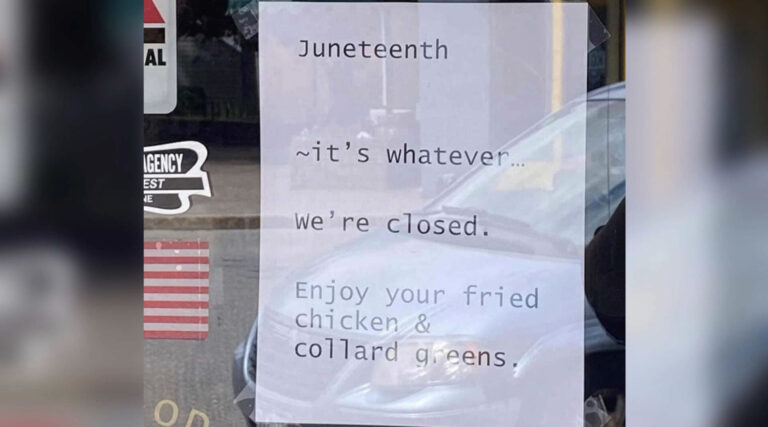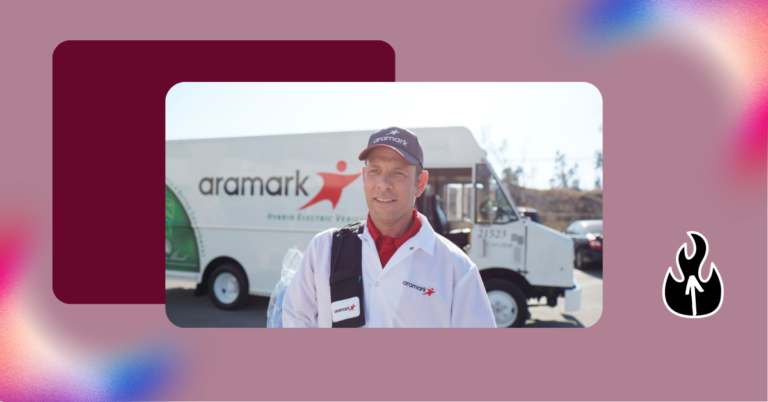
Child Labor Law Crackdown
Child labor is a signifiant issue in the United States, and recent legislative efforts in some states to roll back protections have brought it to the forefront. Lawmakers in 11 states have either passed or introduced laws to roll back child labor protections. So, it’s no wonder that recent investigations have revealed that three McDonald’s franchisees who own more than 60 McDonald’s locations in Kentucky, Indiana, Maryland, and Ohio employed 305 children to work more than the legally permitted hours, violating child labor laws. Among these violations, two 10-year-old children were found working at a Louisville McDonald’s, sometimes until 2 a.m., performing tasks prohibited by law for young workers.
However, don’t think the recent round of child labor law violations are limited to McDonald’s franchisees. A number of brands have faced similar legal challenges and fines recently as corporate violations like this have been on the rise since 2015:
- Mars, Nestlé, and Hershey: These confectionery giants faced a landmark child slavery lawsuit in the US, accused of profiting from child labor in their cocoa supply chains.
- U.S. Crackdown on Child Labor: A massive uptick in child labor violations was reported in 2023, prompting the U.S. Department of Labor to take action and crack down on companies that employ children illegally.
- Dunkin’ Donuts: Two Dunkin’ Donut franchise owners, running a combined total of 27 Dunkin’ locations across the state, were fined for violating child labor laws in Massachusetts. Over 1,000 instances of violations were uncovered in the investigation.
- Growing Child Labor in Job Market: The job market saw an increase in child labor cases in 2023, as companies struggled to fill positions and turned to hiring underage workers.
- Crumbl Cookies violated child labor laws in 6 states: The U.S. Department of Labor found that 11 Crumbl Cookie franchises violated child labor laws, fining the company nearly $60,000.
Literally, the list goes on and on of with brands who have violated child labor laws within even the last 3 years.
Brand Accountability
Many believe bolstering federal legislation on child labor is the best way to prevent children from being forced into the workforce and to protect them from efforts to weaken restrictions on child labor in some states. But brands, too, must take responsibility for their suppliers, vendors, subsidiaries, and partners and be proactive in ensuring child labor laws are upheld. IMO the best way for brands to tackle this is by incorporating “Design Thinking” when it comes to children in the workforce. Design thinking is a methodology which provides a solution-based approach to solving problems. It’s extremely useful when used to tackle complex problems, like child labor, that are ill-defined—because it serves to understand the human needs involved, reframe the problem in human-centric ways, create numerous ideas in brainstorming sessions and adopt a hands-on approach to solution testing.
I personally believe the five-stage model developed by the Hasso Plattner Institute of Design at Stanford (the d.school) is ideal for most brands to follow as they are known around the world for the way they teach and apply design thinking to any issue.
According to “the d.school”, the five stages are as follows in relation to child labor practices:
- Empathize: Research the needs of franchisees, vendors, subsidiaries, partners, and suppliers, understanding their challenges in complying with child labor laws.
- Define: Identify the core problems and challenges faced by franchisees, vendors, subsidiaries, partners, and suppliers in maintaining compliance with child labor laws.
- Ideate: Generate creative ideas to address these challenges, such as developing new hiring processes, providing resources, or improving worker communication.
- Prototype: Implement these ideas on a small scale, testing their effectiveness in preventing child labor violations.
- Test: Evaluate the success of these prototypes and make necessary adjustments before scaling them up across the entire franchise network.
But brands can also take proactive steps to simply prevent such violations from occurring by doing the following:
- Conducting Regular audits: Conduct regular audits of franchise locations and supply chains to ensure compliance with labor laws, including child labor regulations.
- Training: Provide mandatory training for franchise operators, managers, vendors, subsidiaries, and suppliers, emphasizing the importance of adhering to labor laws and the potential consequences of non-compliance.
- Establish clear guidelines: Clearly communicate guidelines on hiring minors, specifying legal working hours and prohibited tasks for young workers, as well as ethical sourcing practices for suppliers.
- Encourage whistleblower reporting: Set up an anonymous reporting system for employees, vendors, and suppliers to report any suspected violations without fear of retaliation.
- Penalize non-compliance: Hold franchise operators, suppliers, vendors, subsidiaries, and other business partners accountable for labor law violations, with consequences ranging from financial penalties to termination of contracts.
The #BRANDREWIND
The cases of McDonald’s franchisees and other brands facing fines and child labor law violations serve as stark reminders of the importance of maintaining strict adherence to child labor laws. Brands must take responsibility for their franchises, suppliers, vendors, and business partners and ensure that all aspects of their operations are compliant with labor laws. Although, labor shortages may be the catalyst for lawmakers to loosen child labor laws, by implementing “design thinking”, conducting regular audits, training, clear minor employeee guidelines, reporting systems, and penalties for non-compliance, brands can mitigate the risk of these violations and protect their reputation. Ultimately, it comes down to this, either we’re on the side of the corporation and its need to make money off the labor of children, or we’re on the side of our kids. Don’t we want to make sure our children are safe from corporations that exploit their labor, place them in dangerous situations and working conditions, and work them beyond the legal limit of daily hours? For the sake of the country, let’s hope so!
About The Author
Barika Phillips Bell is the co-founder of the award winning agency, B3 Media Solutions, a digital analytics, social research, listening (search & social), data visualization, and reporting agency. She has over 15+ years experience within social media and market research on both the brand and agency side.




